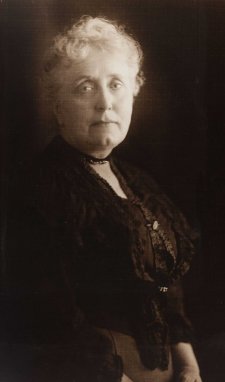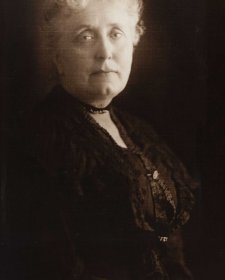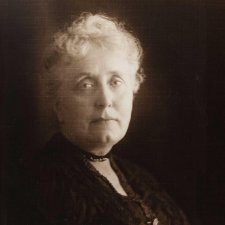Rose Scott (1847-1925), feminist and social reformer, devoted much of her life to campaigns that resulted in increased independence for Australian women. Scott grew up near Singleton in New South Wales and with her sisters was educated at home by her mother, Sarah Anne. Scott became her mother’s primary carer in 1879; and the following year, on the death of her older sister, adopted her two-year-old nephew, Harry. In Sydney from 1880, Scott became increasingly involved in intellectual and political activities. She helped establish the Women’s Literary Society in 1889; and was one of the founding members of the Womanhood Suffrage League (1891) and the New South Wales National Council of Women (1896). A key player in the Australian campaign for universal suffrage, Scott was engaged in a variety of other social issues. Her report on conditions in Darlinghurst Gaol led to the opening of a separate women’s prison in 1908. She campaigned for legislation by which the age of consent was raised to sixteen (in 1910) and by which laws regarding child maintenance and the access of widows to their husbands’ estates were enacted. As was so for many feminists of the period, Scott’s beliefs were informed by conventional codes of femininity and morality. She fought moves, for example, to introduce state regulation of prostitutes and objected to the participation of women in professional sporting competitions due to the presence of male spectators. Scott was known for the salons conducted at her Woollahra home, where guests could expect to encounter Miles Franklin, Banjo Paterson, Vida Goldstein and others. She died in Sydney in 1925.







